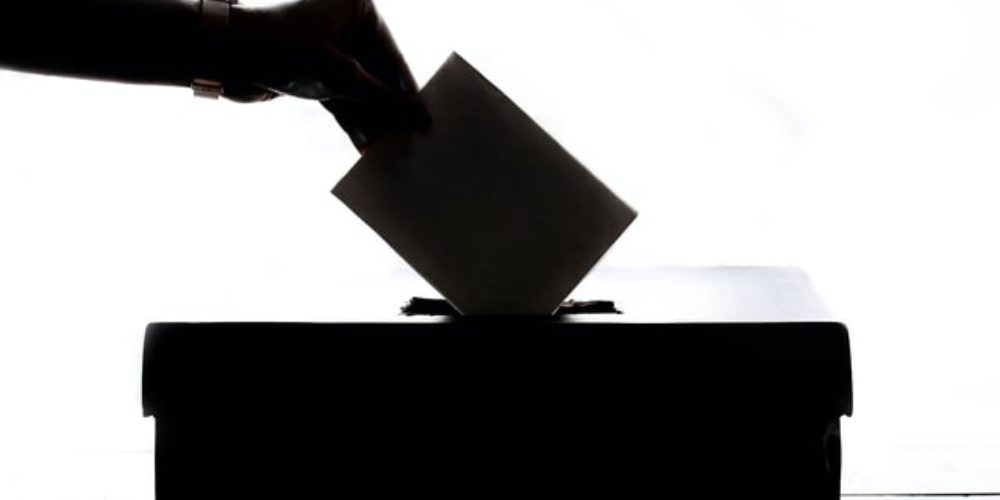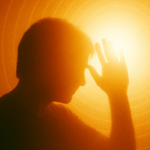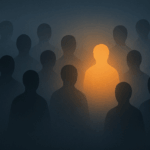Why the extreme election drama, Kenya?

I have witnessed more Kenyan general elections than I care to remember. Every time I think I am numb to the experience, I am jolted again.
In most countries, elections are a necessary, episodic event to facilitate leadership transitions. They are quiet, well-run, uninteresting affairs. Even if governments change dramatically, the life of the citizenry generally does not.
In this country, elections seem to be the main thing in many lives, the event we live for, the peak of our emotional engagement with our leaders. They are the defining feature of the country’s life, the milestones we all remember, the tumult that carries us all into regular madness.
Right now, this scheduled national frenzy is at its highest. The key protagonists are known; the campaign rallies are in full swing; social media is boiling over with partisan drama. If you overhear any animated conversation at this time, whether occurring by an estate gate, under a rural tree, on a chat group, or in the hushed confines of a private members’ bar—you can bet safely that those gathered are discussing the forthcoming poll: the personalities, the chances, the numbers, the scandals, the gaffes, the hypocrisy.
Every headline, every news item, every billboard, every trending topic—it’s about the election.
Psychologists, sociologists, and anthropologists need to ask: why? Why are we Kenyans so peculiarly fixated on our elections? What is so enticing and compelling about this irrational obsession?
Is it about hope, that things might change for the better in the lives of the citizenry? That hope has been dashed many times. We are yet to encounter leaders who are genuinely focused on the uplift of the many. We know that they are mostly, intensely, insanely focused on themselves: their power, their gain, their status, their wealth. Any beneficial effects on the people are a bonus, an incidental gain, a side benefit. When the politicos head out at dawn day after day and show indefatigable energy, when they are relentless in their grit and determination, do you actually believe they are doing it for you? For the development and progress of the excellent people of our nation?
I’ll pause while you finish laughing.
What is weird and curious about us is that we take these events so very seriously. We know government will do very little for us, even though it could do a lot. We know that our advancement is mostly down to us: our efforts, our learning, our investments. Yet the election absorbs us and consumes us.
Is it the sheer drama? The soap opera of antagonists and protagonists, of insults and promises, of wins and losses, that grips us so? Are we so starved of fictional yarns and plot twists that the real-life victories and tumbles of our contenders hold us in their thrall?
Or are we so naively attached to our preferred candidates that we regard them as our saviours and messiahs, even though most of them are chancers and manipulators? What bonds are these, that make so many have blind and unquestioning faith, even though the truth of politics and politicians has been revealed many times?
I don’t know the answer. What I do know is that regardless of whoever is in charge of whichever part of the body national and local come September, we will be facing the same old challenges that we have never dealt with. We know them well: poverty, opportunity, equity, togetherness, sustained self-development. If we could look away from the drama of the election spectacle and take a sober look at the options, we could perhaps see those few in the lineups who have a greater chance of being focused on the people, and on doing hard things.
The problem with turning our plebiscites into circuses is that only ringmasters and occasional clowns can win. The good candidates, the serious folk, the ones with ideas and gumption and good hearts, cannot compete when all the people want is fanfare and noise.
And yet. It is still a good thing, this democracy of ours. The vote is a necessary privilege to have, even though we rarely use it well. Yes, the way we behave in our polls is expensive and farcical and often tragic; but at least we do polls. A leading foreign investor told me the other day: this is one of the things that makes Kenya a more interesting destination for their money than many others they might consider. Political risk here is about unpredictability and upheaval, rather than about entrenched dictators.
So perhaps we should continue the tumult, and perhaps many failures should be ejected and many newcomers tried out. Perhaps through the relentless noise we can someday hear the signal: we should vote for good people if we want good results. Don’t vote in waves and stampedes; vote for good character and good insights. If you can see them, vote for those who actually care about you—as a human, not a vote.
(Sunday Nation, 19 June 2022)

Buy Sunny Bindra's new book
The X in CX
here »
Popular Posts
- You are who you hang out withSeptember 28, 2025
- Why your mother was right about your anxietyOctober 12, 2025
- Born knowing the waySeptember 21, 2025
- The balance sheet that mattersOctober 5, 2025
- The art of the CX rescueSeptember 14, 2025















